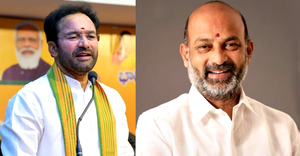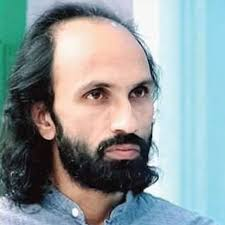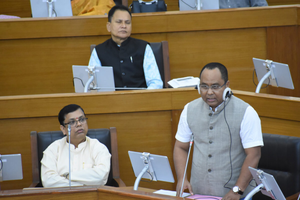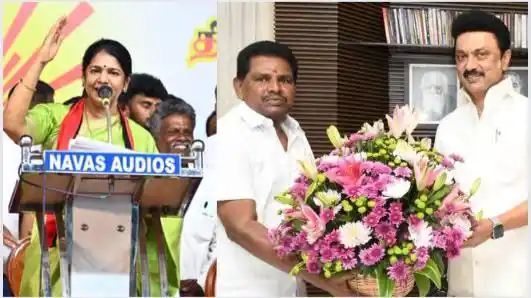Centre Announces 31-member Joint Parliamentary Panel On Waqf Bill; Details Here
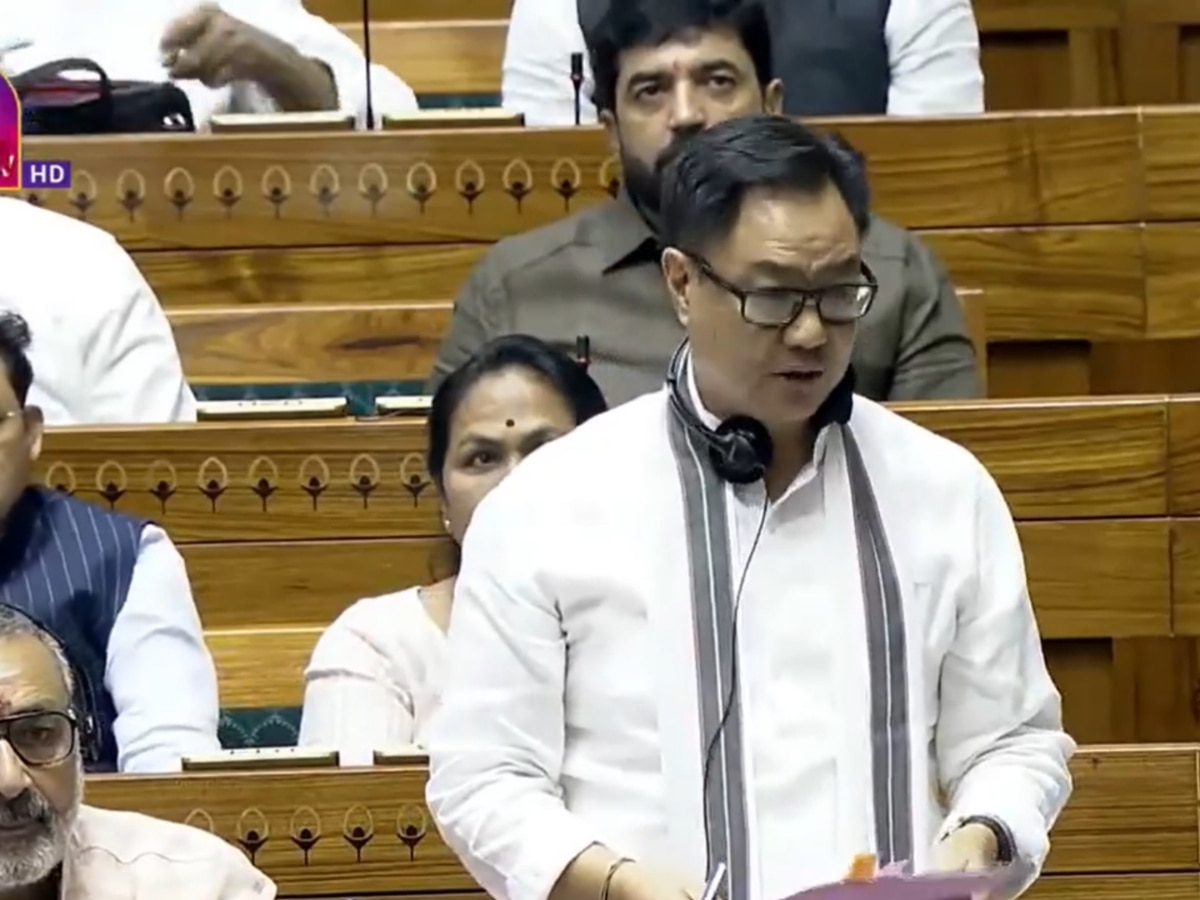
New Delhi: In a major development on Friday, the central government has formed a joint committee of Parliament to examine the Waqf (Amendment) Bill will have 31 members. The committee consists of 21 from the Lok Sabha and 10 from the Rajya Sabha — and will submit its report by the next Parliament session. Notably, the Lok Sabha on Friday adopted a motion naming 21 of its members to be part of the committee.
Kiren Rijiju, who is the minister of parliamentary affairs as well as minority affairs, moved the motion that the Waqf (Amendment) Bill be referred to a joint committee of Houses consisting of 21 members from the Lok Sabha and 10 from the Rajya Sabha.
Waqf Bill Introduced In Lok Sabha
The Bill was introduced in Lok Sabha on Thursday and referred to a joint parliamentary panel after a heated debate, with the government asserting the proposed law did not intend to interfere with the functioning of mosques and the opposition calling it targeting of Muslims and an attack on the Constitution.
According to the motion moved by Rijiju, the Rajya Sabha has been asked to name 10 of its members to serve on the panel and communicate the same to the Lower House.
The committee will submit its report to the Lok Sabha by the last day of the first week of the next session.
The 21 members from the Lok Sabha included in the panel are Jagdambika Pal, Nishikant Dubey, Tejasvi Surya, Aparajita Sarangi, Sanjay Jaiswal, Dilip Saikia, Abhikit Gangopadhyay, D K Aruna (all BJP), Gaurav Gogoi, Imran Masood and Mohd Jawed (all Congress), Maulana Mohibullah (SP), Kalyan Banerjee (TMC), A Raja (DMK), Lavu Sri Krishna Devarayalu (TDP), Dileshwar Kamait (JDU), Arvind Sawant (Shiv Sena-UBT), Balya Mama Suresh Gopinath Mhatre (NCP-Sharad Pawar), Naresh Mhaske (Shiv Sena), Arun Bharti (Lok Janshakti Party-Ram Vilas) and Asaduddin Owaisi (AIMIM).
Prominent Muslim Bodies Slam Waqf Bill
Prominent Muslim bodies on Thursday hit out at the The Waqf (Amendment) Bill that was introduced in Lok Sabha and urged the government to withdraw the proposed amendments and engage in a detailed consultation with all stakeholders, including religious leaders.
Both factions of the Jamiat Ulema-e-Hind (Arshad Madani and Mahmood Madani) slammed the Bill and expressed grave concerns over the proposed legislation. Maulana Arshad Madani, who heads one Jamiat faction, claimed that the government wants to change the status and nature of waqf properties so that it becomes easier to take their possession.
“Once the new amendment is passed, a collector raj will come into existence and the decision of the Waqf Tribunal will not be final to decide which property is waqf and which is not. The decision of the collector will be final in relation to ownership,” Madani said.
(With inputs from agencies)
